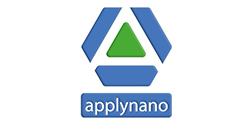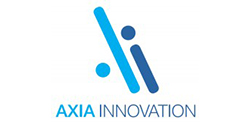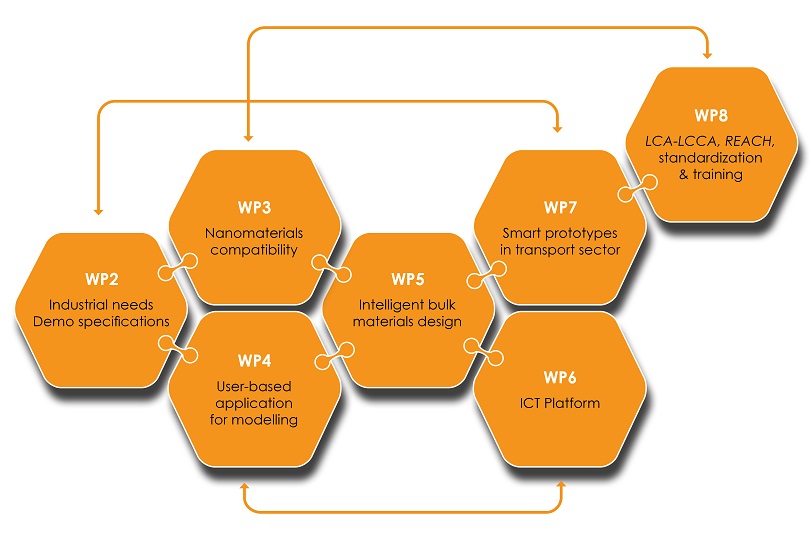Work Packages
Work Package 1: Project Management
WP1 leader: ACCIONA
The overall governance structure for effective project management is established in this WP. The General Assembly (GA) led by the project coordinator (PC) is in charge of project management, final decision-making, and approval, in addition to financial, legal, and administrative co-ordination. The Scientific and Technical Committee (STC) and the Innovation and Exploitation Committee (IEC) support the PC in the structure organization, decision-making, and the development of the quality assurance and gender issues action plans. The Advisory Board (AB) serves as an external advisor to the GA offering expert advice on relevant market and sector-specific issues.
Work Package 2: Industrial needs and definition of demo specifications
WP2 leader: DIADGROUP
The main objective of WP2 is to define and describe the technical and non-technical details of the different use cases to be demonstrated in MASTRO. The aim is to set the targets to achieve in terms of performance, compliance to legislation and any other relevant key performance indicators (KPI) that will be defined together with the verification criteria to be adopted. This objective will be achieved for each of the three sectors addressed in MASTRO. Performance of demonstrators will be verified with these criteria and KPIs, throughout the project.
Work Package 3: Nanomaterials selection, functionalization and preliminary compatibility analysis
WP3 leader: APPLYNANO
Appropriate nanomaterials for delivering the desired self-responsive properties in final products will be identified in WP3. Selected nanomaterials will be produced, functionalized, and delivered to project partners. The synthesis will be tailored to achieve proper functional response in each matrix, according to the application and the specifications set forth in WP2. Compatibility with the matrix will also be evaluated in terms of dispersability and processability. Finally, appropriate nanomaterial characterization data will be compiled to accompany the nanomaterials when they are delivered to project partners.
Work Package 4: User-based application for predictive modelling and manufacturing optimization
WP4 leader: IPC
Manufacturing of intelligent products will be supported by models on the physical phenomena responsible for the self-responsive attributes. The modelling strategy will aim for accuracy, robustness, and quantification of uncertainty for each product design. Discrete (mesoscopic scale) and continuum (at micro/macro scale) models will be used for predicting the occurrence of piezoelectric, joule effect, and electrostatic dissipation phenomena. Structure – properties relations will be validated for new materials and compared to macroscopic properties. A user-oriented application focusing on the project applications will be developed to facilitate the use of the model by industrial partners. Finally, an optimization approach will be applied to determine unavailable raw material properties, or to improve the final product performance.
Work Package 5: Intelligent bulk materials design and development
WP5 leader: UNISA
The overall objective of this WP is the development of smart bulk materials with 5 different self-responsive functionalities (self-sensing, self-deicing, self-curing, self-healing and self-protection) at component level. Nanomaterials selected in WP3 will be combined with the chosen matrices to confer self-responsive functionalities. Predictive models settled in WP4 will provide a starting point for bulk materials development. Afterwards, multiscale models will allow obtaining the specific properties of the developed materials with the aim of improving prototypes’ components design. Additionally, a preliminary scaling-up of the manufacturing processes and developed materials will be carried out in order to ensure that the materials and processes developed will be able to be transferred to pre-industrial scale. The obtained results will be used for the design, implementation and validation of the smart prototypes (WP7).
Work Package 6: ICT Platform
WP6 leader: ALKE
The main goal of this work package is to create an information and communication technology (ICT) platform that enables intelligent sensing, monitoring and control of the self-responsive functionalities developed in MASTRO to cover the industrial needs for the aerospace, automotive and transport infrastructure sector. To achieve this goal, outputs from WP2 will be used to create a reference architecture. This will serve as a base for defining the specific requirements in terms of ICT for each sector, identifying replicable solutions, and sharing knowledge and best practices among the different use cases to support industrial development. According to this reference architecture, a set of ICT modules will be developed and integrated in the prototypes that will be demonstrated and validated in WP7.
Work Package 7: Smart prototypes with self-responsive functionalities in transport sector
WP7 leader: ACCIONA
Prototypes in the aerospace, automotive, and transport infrastructure sectors will be developed in WP7. Materials information from WP5 and ICT solutions from WP6 will be combined for the design, construction, testing, and monitoring of prototypes consisting on system/subsystem models or prototype demonstration in relevant environments (TRL6). In some cases, system prototype demonstration in an operational environment will be achieved (TRL7). In addition, KPIs defined in WP2 will be validated for each demonstrator.
Work Package 8: Life cycle and life cycle cost analysis, REACH analysis, standardization and training
WP8 leader: BSRIA
In order to quantify environmental and economic impacts of the developed materials, life cycle cost (LCC), life cycle analysis (LCA), and REACH analysis will be addressed in relation to the new products and against existing materials. LCC analysis will be used to evaluate the product’s economic competitiveness in the market and the economic benefits to the customers compared to existing products. Environmental impacts assessment and recyclability will be determined with LCA, while health and safety aspects of the new materials will be used to comply with regulations according to REACH. Close collaboration with appropriate standardization and technical committees will be targeted to support the future standardization processes of the new product families. Finally, training activities will be organized to transfer the technical knowledge through the whole Project value chain.
Work Package 9: Innovation strategy, initial exploitation and business plan and dissemination
WP9 leader: AXIA
Strategic planning and dissemination activities are crucial for the exploitation of innovative technologies. In WP9, the dissemination and exploitation plans will be developed and implemented. The dissemination strategy will address the value chain as a whole, including industry, RTD centers, and academic institutions. The exploitation strategy will be designed to lay the ground for the market uptake of the MASTRO project product family, using specific business case studies for each partner and product. With the support of the Advisory Board, work in WP9 will aim to assess the replicability in other industrial sectors of technologies and knowledge generated during the course of MASTRO project.
